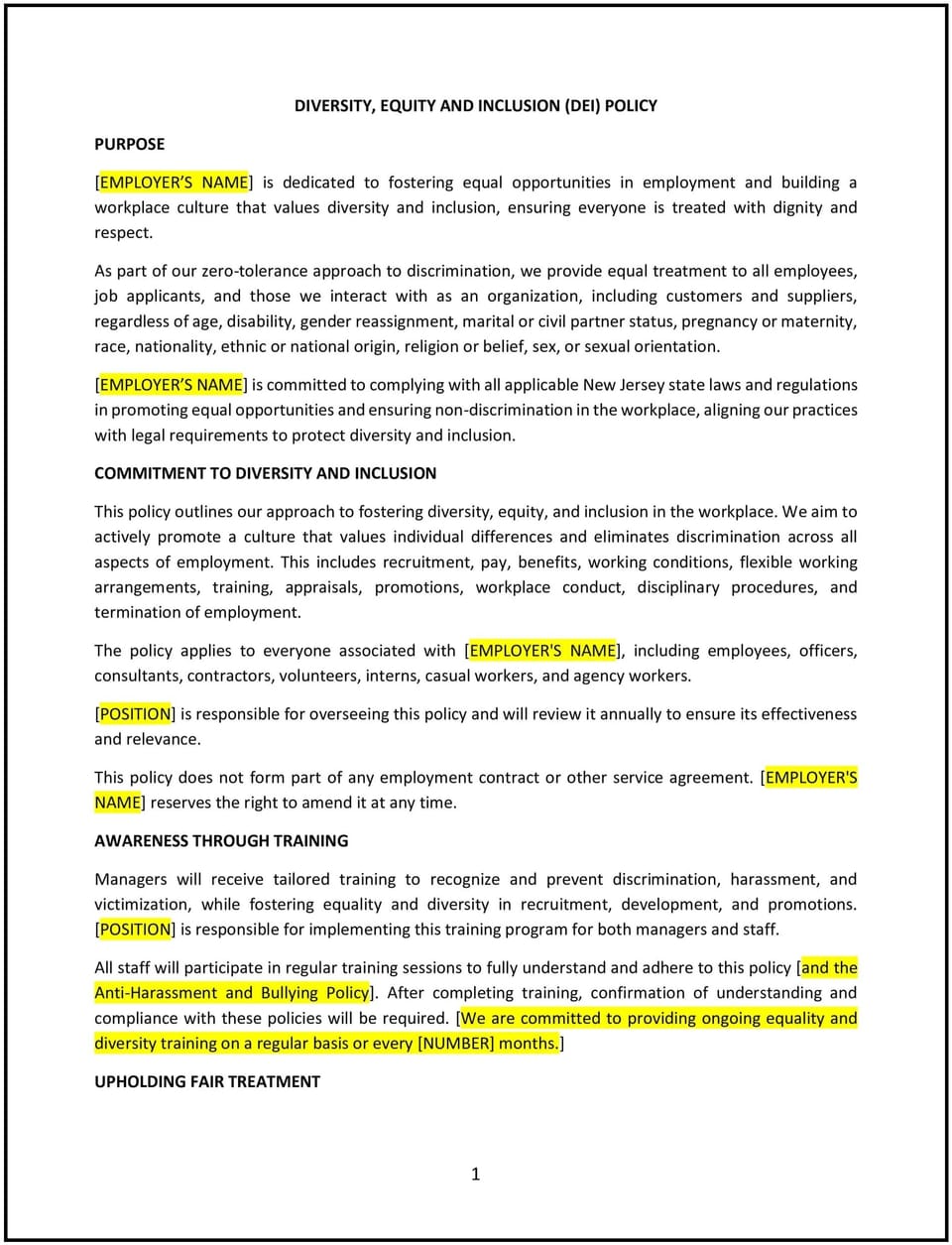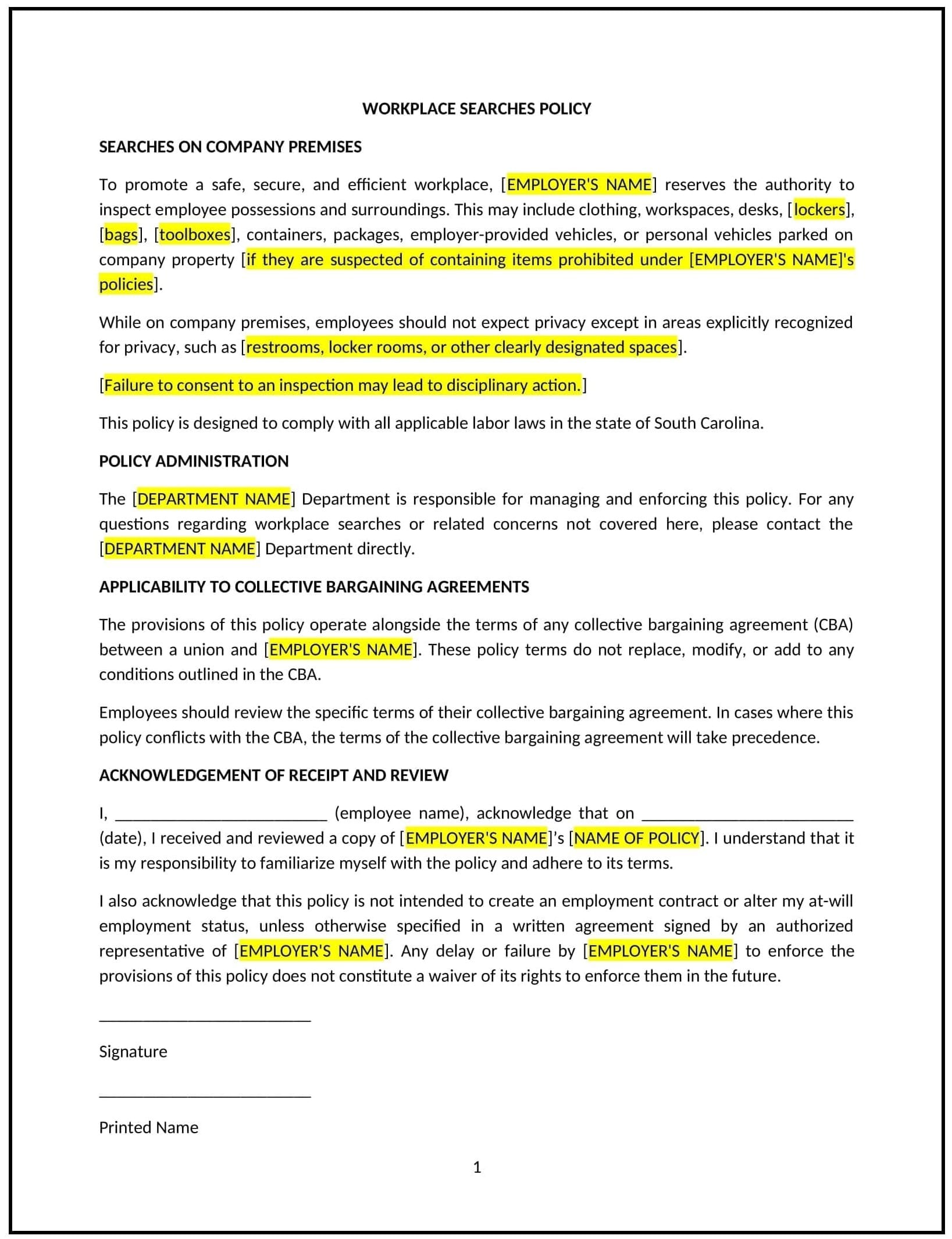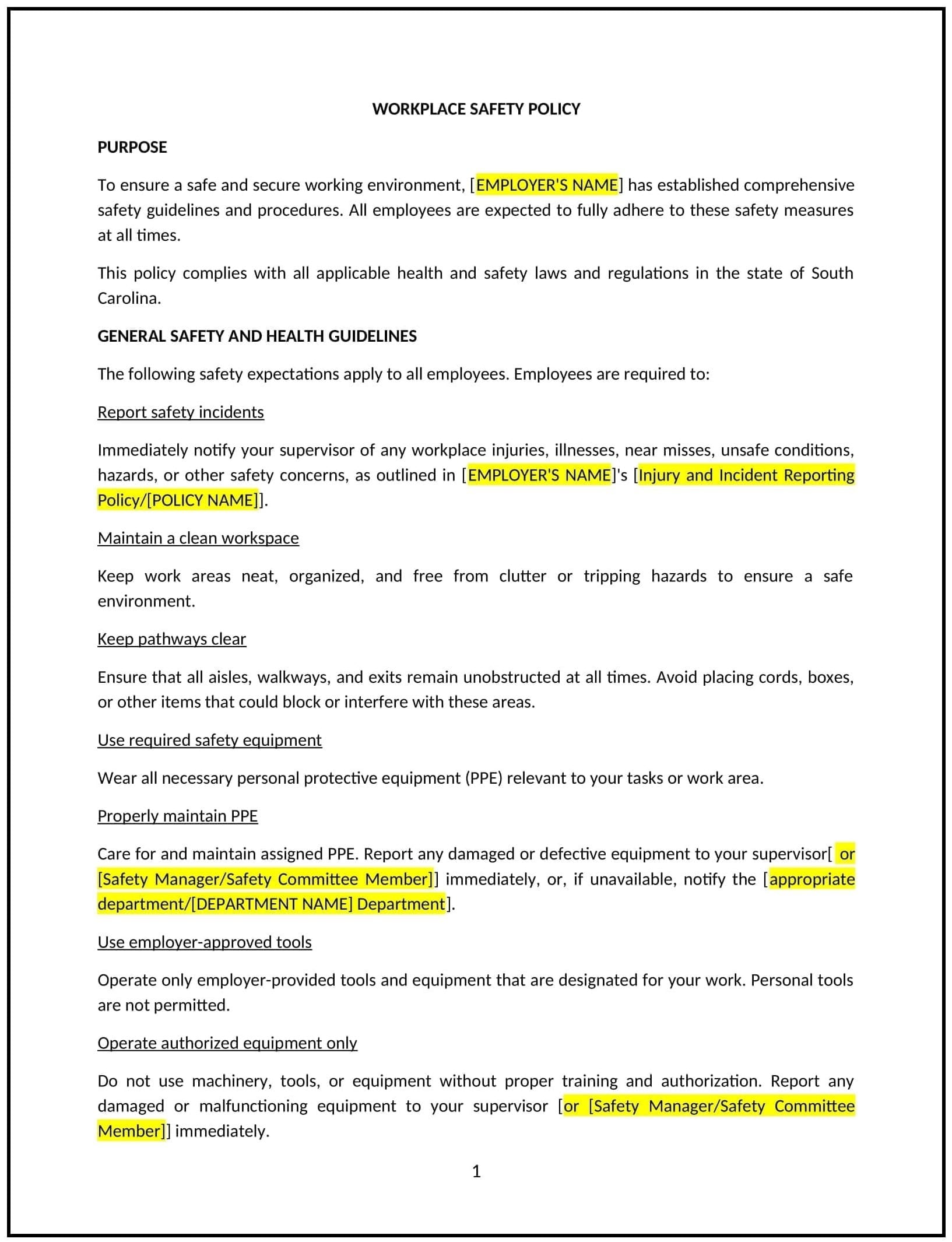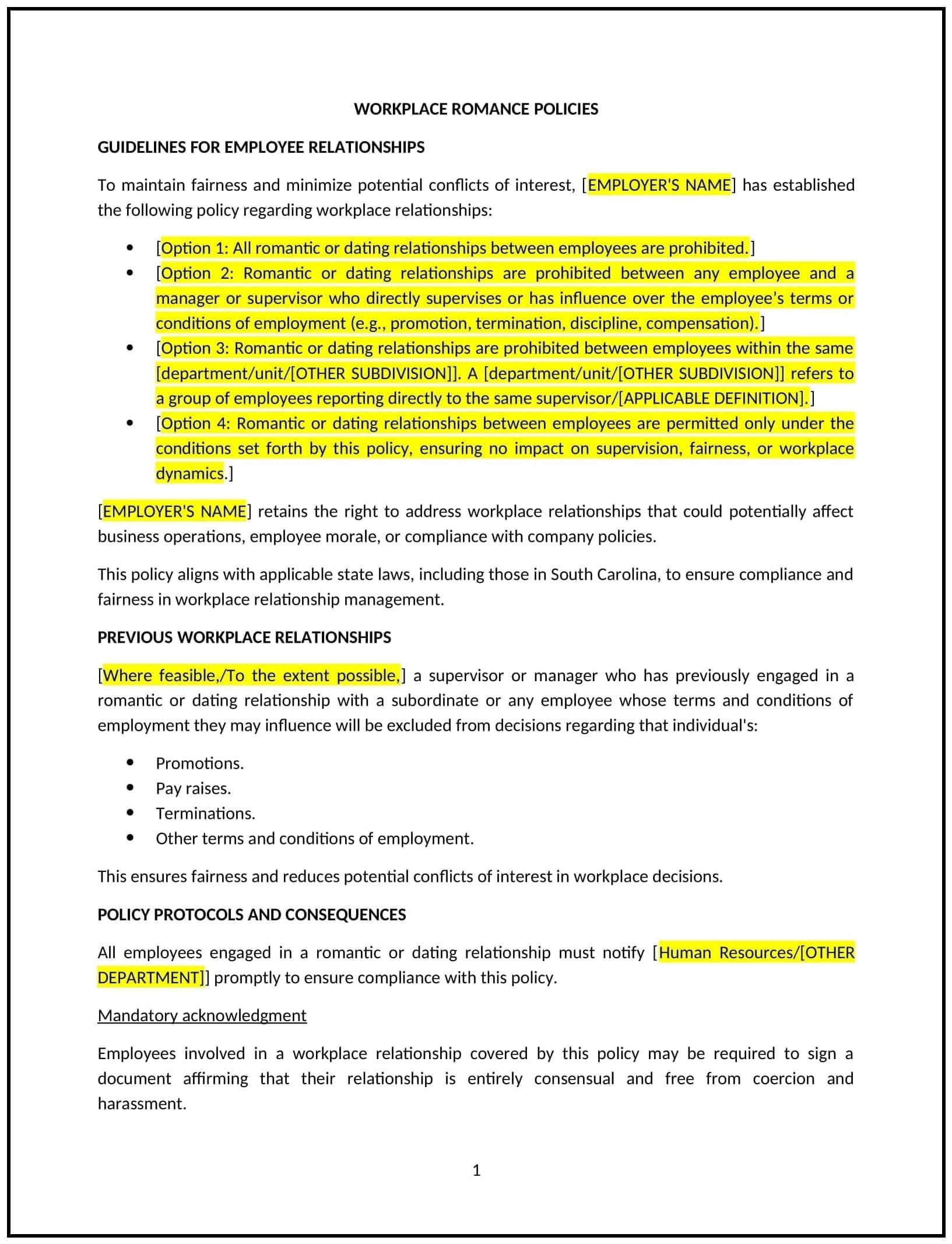Diversity, equity, and inclusion (DEI) (New Jersey) policy: Free template

Diversity, equity, and inclusion (DEI) (New Jersey)
A diversity, equity, and inclusion (DEI) policy helps New Jersey businesses create a workplace that values and respects employees of all backgrounds. This policy outlines the company’s commitment to fostering a diverse workforce, promoting equal opportunities, and ensuring an inclusive culture where all employees feel valued and supported. It also provides guidelines for recruitment, workplace conduct, and leadership responsibilities in advancing DEI initiatives.
By adopting this policy, businesses in New Jersey can strengthen workplace culture, attract top talent, and promote fair treatment for all employees.
How to use this diversity, equity, and inclusion policy (New Jersey)
- Define diversity, equity, and inclusion: Clarify the company’s commitment to creating a diverse workforce, ensuring equitable access to opportunities, and fostering an inclusive work environment.
- Promote equitable hiring and advancement: Outline hiring practices that encourage diverse recruitment and ensure all employees have fair access to career development opportunities.
- Establish workplace conduct expectations: Require employees to engage in respectful and inclusive behavior, fostering an environment free from discrimination, bias, or harassment.
- Support inclusive leadership: Encourage managers and executives to lead DEI efforts, model inclusive behavior, and provide mentorship opportunities for underrepresented employees.
- Provide DEI training and education: Offer ongoing learning opportunities to help employees and leadership understand and practice diversity, equity, and inclusion principles.
- Encourage employee resource groups (ERGs): Support affinity groups that allow employees to connect based on shared interests, experiences, or backgrounds.
- Monitor and measure DEI progress: Set measurable goals for improving workplace diversity and track progress through employee feedback and engagement surveys.
- Review and update: Regularly assess the policy to align with evolving workplace needs, best practices, and DEI initiatives relevant to New Jersey businesses.
Benefits of using this diversity, equity, and inclusion policy (New Jersey)
This policy provides several benefits for New Jersey businesses:
- Enhances workplace culture: Fosters an inclusive, welcoming environment where employees feel valued and respected.
- Improves employee engagement: Encourages participation and collaboration among employees from diverse backgrounds.
- Strengthens talent acquisition: Attracts a broader pool of qualified candidates by promoting an inclusive and equitable hiring process.
- Reduces workplace bias: Establishes clear expectations for fair treatment and equal opportunities for all employees.
- Encourages innovation: Promotes diverse perspectives, leading to improved problem-solving and business growth.
Tips for using this diversity, equity, and inclusion policy (New Jersey)
- Communicate the policy clearly: Ensure employees and leadership understand the company’s DEI commitments and expectations.
- Provide leadership training: Equip managers with the tools to foster inclusive teams and support diverse talent.
- Encourage employee involvement: Offer opportunities for employees to participate in DEI programs, such as mentorship initiatives or ERGs.
- Address bias in hiring and promotions: Implement structured decision-making processes to promote fairness and reduce unconscious bias.
- Review the policy regularly: Update the policy based on employee feedback, workplace trends, and New Jersey-specific DEI initiatives.
Q: Why should New Jersey businesses implement a DEI policy?
A: Businesses should implement this policy to promote workplace inclusivity, attract diverse talent, and ensure all employees have equitable opportunities for growth.
Q: How can businesses support DEI in hiring?
A: Businesses should use inclusive job descriptions, broaden recruitment channels, and implement structured hiring processes to minimize bias.
Q: What role do managers play in DEI initiatives?
A: Managers should model inclusive behavior, provide mentorship opportunities, and actively support diversity and equity efforts in their teams.
Q: How can businesses measure DEI progress?
A: Businesses should track metrics such as workforce diversity, employee engagement surveys, and participation in DEI programs to assess progress.
Q: Can businesses establish employee resource groups (ERGs)?
A: Businesses should encourage ERGs to provide employees with spaces for networking, mentorship, and professional development.
Q: How often should businesses review their DEI policy?
A: Businesses should review the policy annually to ensure it aligns with evolving workplace diversity goals and best practices.
This article contains general legal information and does not contain legal advice. Cobrief is not a law firm or a substitute for an attorney or law firm. The law is complex and changes often. For legal advice, please ask a lawyer.


